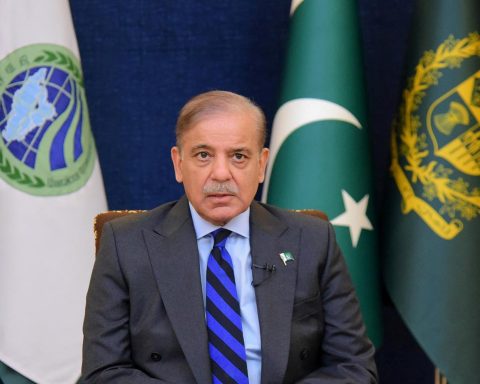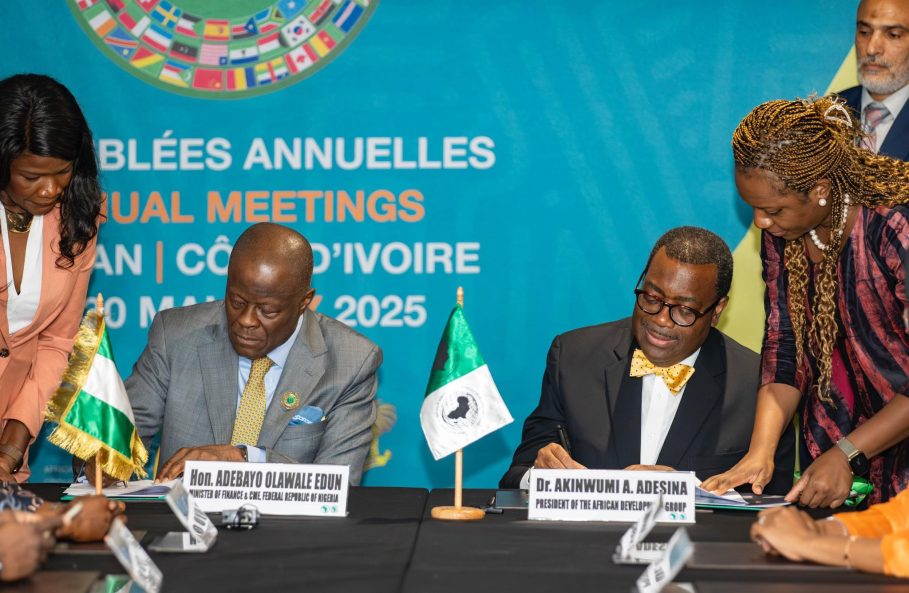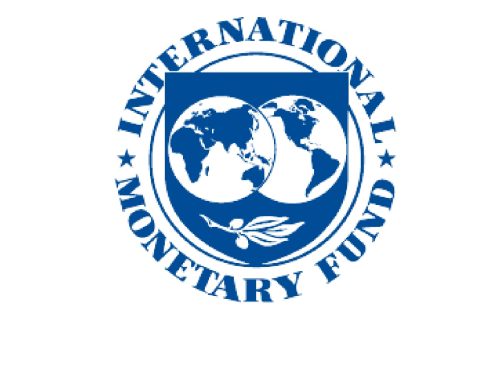Pakistani President Asif Ali Zardari has signed into law a groundbreaking legislation that raises the minimum age for marriage to 18 across the Islamabad Capital Territory, marking a significant milestone in the country’s efforts to protect children’s rights and combat child marriage.
The Islamabad Capital Territory Child Marriage Restraint Bill, 2025, received presidential approval following its passage through both houses of Pakistan’s parliament on May 27.
Join our WhatsApp ChannelThe legislation represents a major step forward in safeguarding the welfare of minors and aligning Pakistan with international human rights standards.
Senator Sherry Rehman of the Pakistan Peoples Party (PPP) announced the bill’s signing on social media platform X, sharing an official notification from the president’s office confirming the legislation had been “assented to, as passed by the Parliament.”
“Pakistan has reached a milestone in the enactment of important legislation against child marriages,” Rehman declared, emphasizing that the bill’s approval came despite significant resistance from various quarters and pressure on President Zardari.
The legislation was originally introduced by PPP lawmaker Sharmila Faruqui in the National Assembly on May 16, where it received high approval before clearing the Senate on May 19.
READ ALSO: If One Girl Can Change The World, What Can 130 Million Girls Do?
However, the bill’s passage was not without controversy. Lawmakers from the Islamist party Jamiat Ulema-e-Islam-Fazl (JUI-F) staged a walkout during parliamentary proceedings, denouncing the legislation as “un-Islamic” and incompatible with cultural and religious traditions.
The JUI-F demanded that the bill be referred to the Council of Islamic Ideology (CII), a constitutional body responsible for advising on Islamic law compatibility. However, supporters of the legislation argued that the council had previously ruled on similar matters, noting that the council had earlier declared that classifying marriage under age 18 as rape did not conform with Islamic jurisprudence.
Comprehensive Legal Framework
The new law replaces the outdated Child Marriage Restraint Act of 1929 and establishes a robust legal framework for preventing underage marriages in the Islamabad Capital Territory. District and sessions courts will handle all cases related to the legislation.
Under the new provisions, the law defines anyone under 18 as a child and prohibits Nikah registrars from officiating marriages involving minors. Registrars must verify ages using government-issued identification cards to ensure compliance.
The legislation imposes stringent penalties on violators. Nikah registrars who officiate underage marriages face up to one year in prison and fines of $354 USD.
Men over 18 who marry underage girls may receive sentences of up to three years of rigorous imprisonment. The law explicitly states that “living with a child under 18 in a marital relationship will be considered statutory rape.”
Those who force or facilitate child marriages face the harshest penalties, with potential sentences of up to seven years in prison and fines reaching $3,540 USD. The same punishment applies to anyone involved in child trafficking for marriage purposes.
Parents and accomplices who arrange underage marriages also face up to three years’ imprisonment and financial penalties.
The legislation cites extensive research demonstrating the harmful effects of child marriage, particularly on girls who have reached puberty. “In this modern day and age, we have the resources and the research which invariably proves that child marriage is harmful to both genders and especially girls,” the bill states.
READ ALSO: No Justification For Female Education Ban In Afghanistan, Taliban Official Says
The law aligns with international human rights standards and supports Goal 5 of the United Nations Sustainable Development Goals, which aims to eliminate child marriage globally by 2030. The legislation acknowledges that “child marriages are in complete violation of the rights of children, and international obligations.”
Courts are empowered to intervene and halt child marriages when alerted in time. The law includes provisions to protect the anonymity of whistleblowers who report underage marriage arrangements, encouraging community participation in enforcement efforts.
Advocates Celebrate Historic Achievement
Senator Sherry Rehman described the bill’s signing as “a symbol of a new era of reforms in Pakistan” and celebrated it as a victory for women’s and children’s rights protection.
“This law was possible after a long and difficult struggle,” Rehman noted, adding that the legislation represents more than mere legal text. “This bill is not just a law, it is a commitment that our girls have the right to education, health and a prosperous life.”
The legislation applies specifically to the Islamabad Capital Territory, though advocates hope it will serve as a model for similar reforms across Pakistan’s provinces. The new law represents a significant step toward protecting children’s rights and ensuring they have opportunities for education and development before entering marriage.














